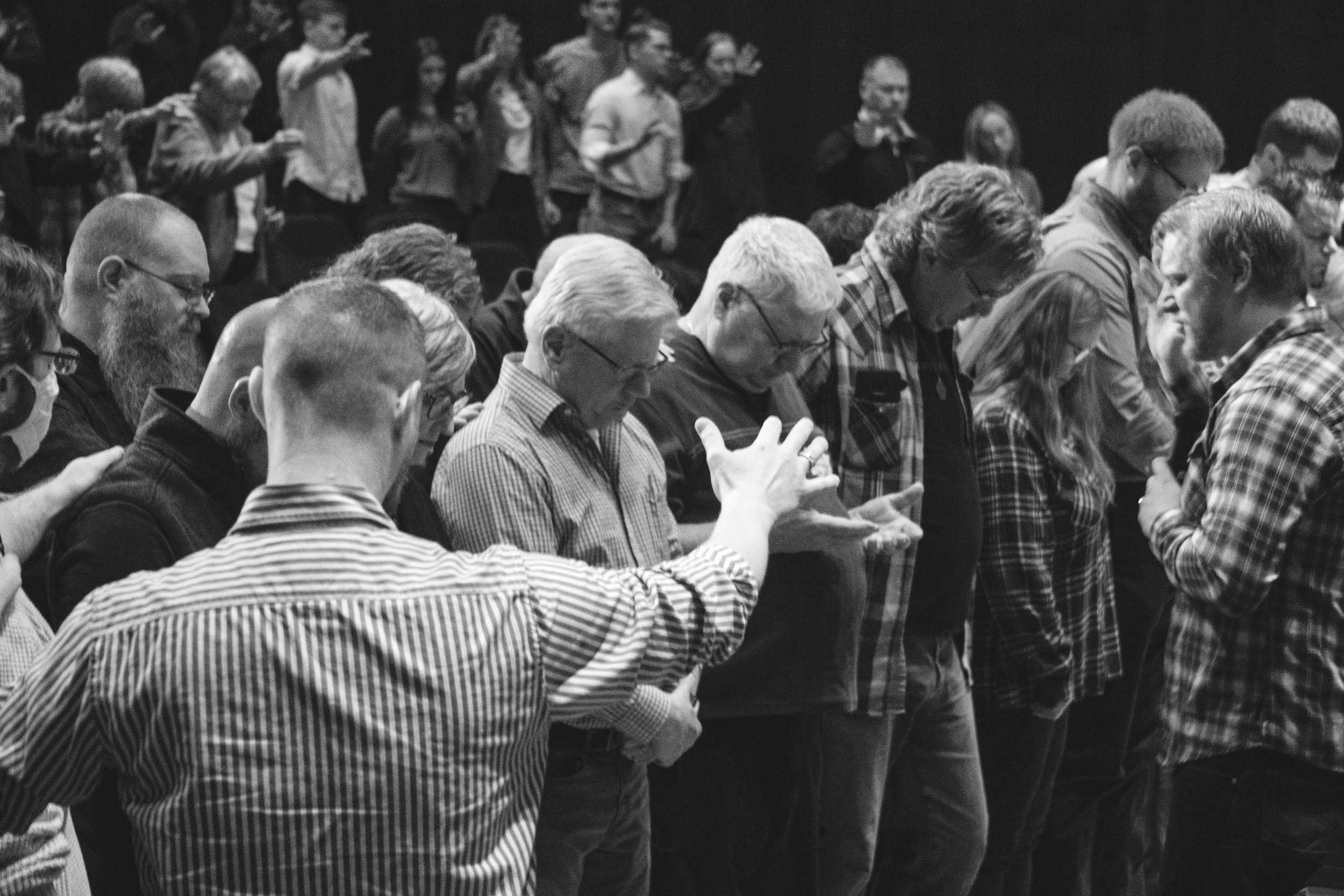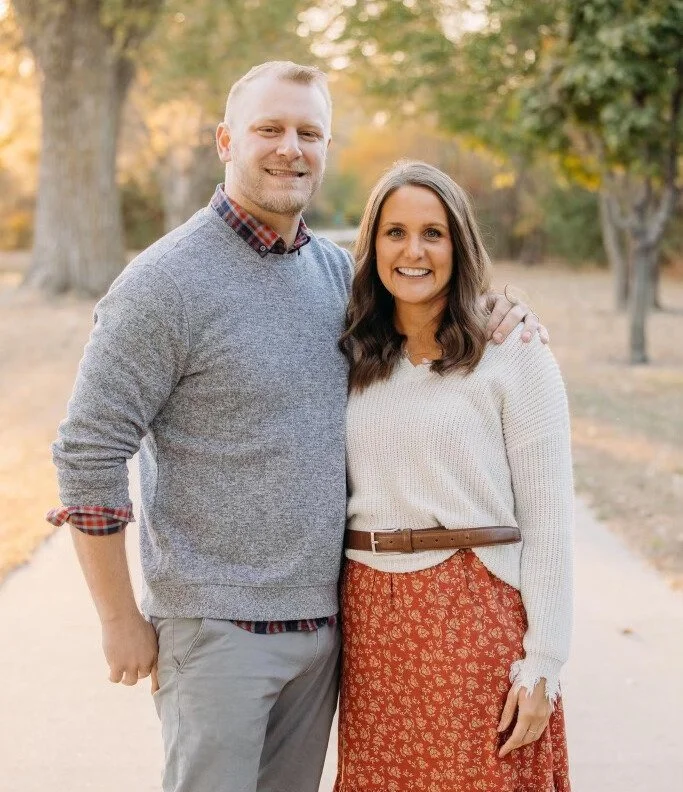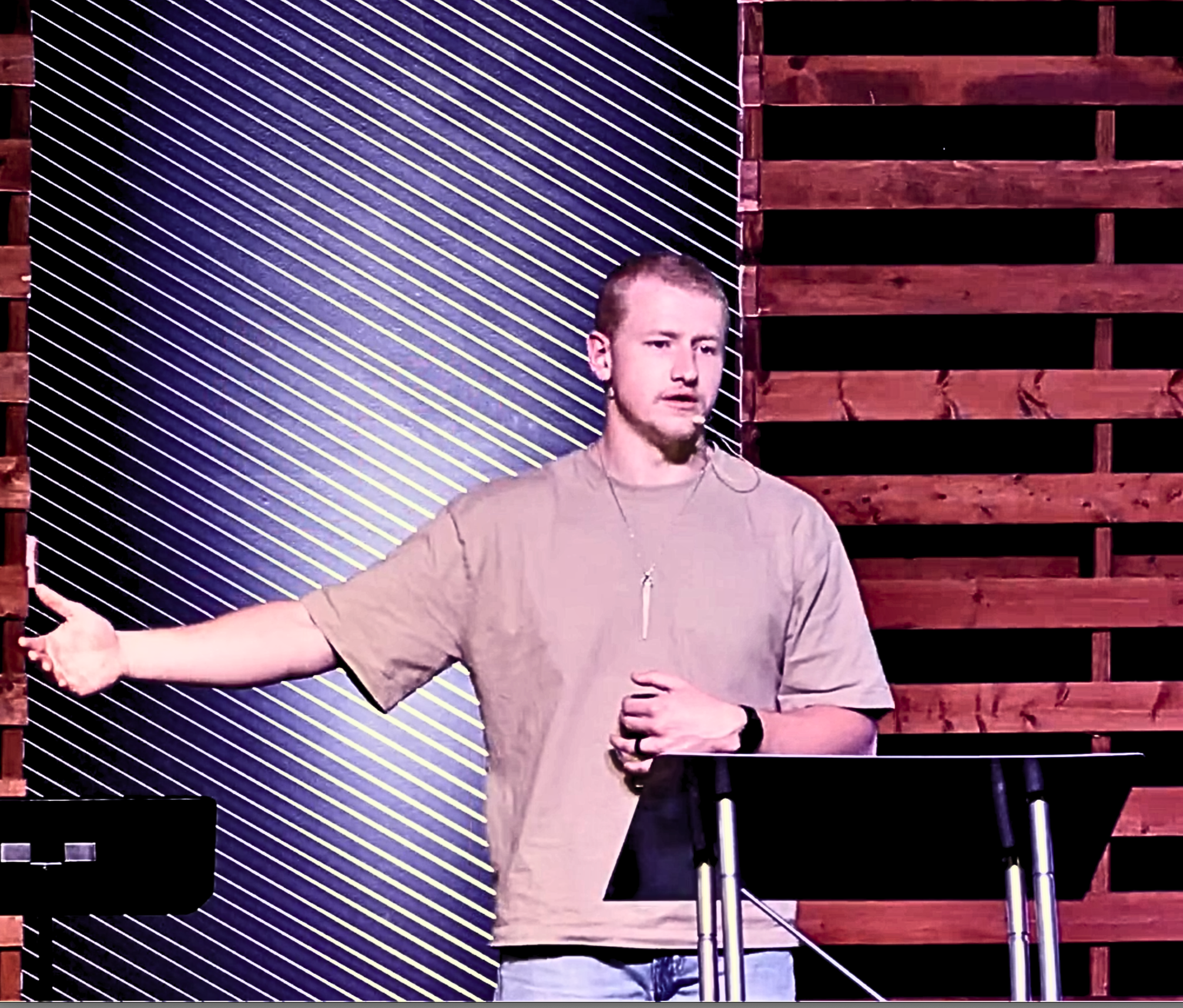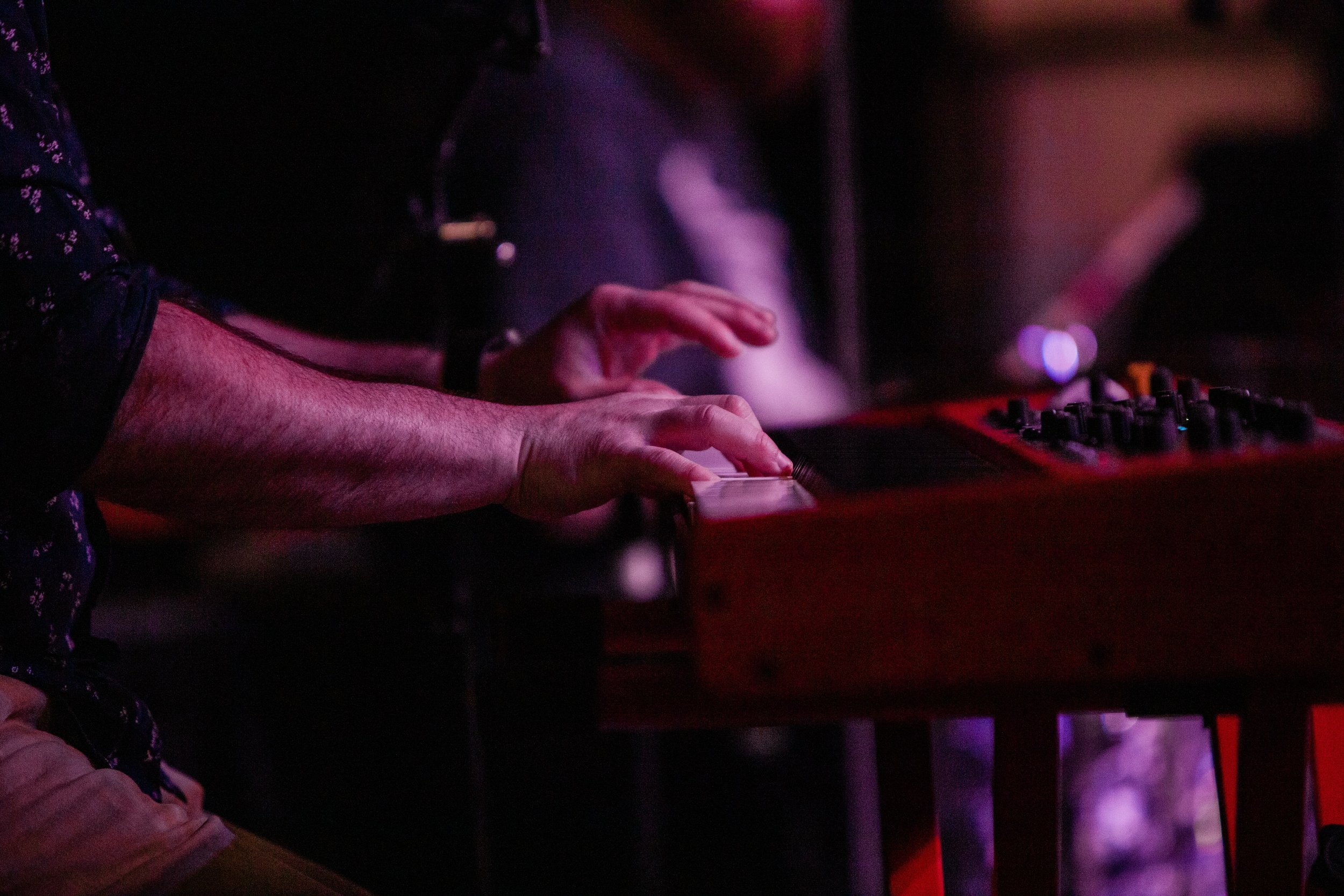About us.
We’ve planned for you!
Plan out your visit before you come!
Our Locations
Okoboji
9:00AM | 1010 Julia St
Estherville
10:30AM | 2014 Central Ave
Mission + Vision + Strategy
Mission
Our mission: joining Jesus in His work of renewal.
Vision
Our vision is to see ______________ as it is in Heaven.
Strategy
We live out our mission as we Become Like Jesus, Do What Jesus Did, and Love Who Jesus Loved.
Our Strategy:
We live out our mission as we Become Like Jesus, Do What Jesus Did, and Love Who Jesus Loved. We believe that a balanced approach will lead to fruitful Christian lives.
We want to help you Become Like Jesus by inviting you to attend our Sunday Gatherings, and resourcing you to take your spiritual formation seriously.
We think every believer should Do What Jesus Did and have created pathways for you to make disciples through a Community Group or Discipleship Group, grow your gifting and calling through Core & Equipping Classes, and help us heal the world through transformative ministries like Celebrate Recovery.
We’re pretty firm on the fact that a defining marker of a Christian is our love, and so we long to become people who Love Whom Jesus Loved. Some of the ways we invite our people to do that is through regular equipping and training, ministries like our Food Pantry, and by challenging you to grow your faith through giving and serving.
Our Values

2026 Theme: God is in Iowa
Our Team
-

Jesse Orttel
PASTORAL TEAM | LEAD PASTOR
-

Caleb Winebrinner
PASTORAL TEAM | FAMILY AND FORMATION
-

Rubin Charles
PASTORAL TEAM | WORSHIP
-
Linda Prince
SUPPORT STAFF | ESTHERVILLE
-
Abby Orttel
OKOBOJI SUPPORT STAFF
-
Lorie Irwin
WORSHIP LEADER | ESTHERVILLE
-
Duane Ites
WORSHIP LEADER | OKOBOJI
-
Gary Lambert
WORSHIP LEADER | OKOBOJI
-
Jon Miller
WORSHIP LEADER | OKOBOJI
-
Mark Graves
DEACON CO-CHAIR
-
Drew Howing
Elder Chair
What We Believe
Statements Concerning our Belief and Practice
-
God is creator, redeemer, and sustainer
We believe in one God who eternally exists in three equally divine persons, Father, Son, and Holy Spirit. God is “eternal, incomprehensible, invisible, unchangeable, infinite, almighty; completely wise, just, and good” (Belgic Confession, Article 1).
God the Father is the creator of all things, visible and invisible, sustaining and providentially ruling over creation in an active relationship of love. Through God the Son, whom we know as Jesus Christ, God redeems a people for himself and restores his creation. And by the power of the Holy Spirit, God is present to us, making us more into the image of Jesus Christ. All of this is done “to the praise of his glorious grace” (Ephesians 1:6).
God is sovereign over the universe
Reformed Christians have a high view of God’s sovereignty, a belief that “nothing happens in this world without God’s orderly arrangement” (Belgic Confession, Article 13). But we don’t believe God uses that power carelessly. Instead, we emphasize God’s loving providence, which explains that God makes all things work together for our good (Romans 8:28). God’s sovereignty is exercised as God sustains “heaven and earth and all creatures” (Heidelberg Catechism, Q&A 27) and in the particular way that God “gathers, protects, and cares for the church through Word and Spirit. This, God has done since the beginning of the world and will do to the end” (Belhar Confession, Point 1).
-
How We Know God
Early Christians said that God revealed himself to us through two “books”: the book of nature and the book of Scripture. We know God through the world God created, including our own selves: “The universe is before our eyes like a beautiful book in which all creatures, great and small, are as letters to make us ponder … God’s eternal power and divinity” (Belgic Confession, Article 2). The book of nature shows us God as Creator, but it is not sufficient to know God as Redeemer. Additionally, as a result of sin, we cannot even see God rightly in creation. Only with the spectacles of Scripture are we able to see God’s glory revealed in creation.
The Bible brings a specificity to God’s self-revelation that’s not available in creation. In Scripture, God reveals himself in the person of Jesus Christ, who is “the image of the invisible God” (Colossians 1:15). What we learn of God through Scripture is sufficient to provide us with what we need in this life, for God’s glory and for our salvation
The Bible is the Word of God
We believe the Bible—the 66 books of the Old and New Testaments—was not composed “by human will, but men and women moved by the Holy Spirit spoke from God” (2 Peter 1:21). Because God is their true author, the words of Scripture are holy and divine. We trust the words of the Bible “above all because the Holy Spirit testifies in our hearts that they are from God” (Belgic Confession, Article 5).
One of the defining characteristics of the Reformation was its insistence on sola Scriptura, or the belief that everything we need for salvation and a life of faith is available in Scripture. One way to describe this is that the Bible is “the only rule of faith and life.”
-
We believe that “God created heaven and earth and all other creatures from nothing” and gave “all creatures their being, form, and appearance” (Belgic Confession, Article 12). The book of Genesis affirms the original goodness of God’s creation; after each piece of creation, the narrative notes that “God saw that it was good” (Genesis 1).
In the creation narrative, God creates humans on the sixth and final day of bringing things into being. Although we are part of creation, we are unique in that God formed humans “in his image and likeness—good, just, and holy” (Belgic Confession, Article 14). No other creature bears the image of God. Humans were also given a specific role, to tend and keep the rest of creation.
God’s intention for creation was that everything live together in harmony. God longs for humans to “truly know God their creator, love him with all their heart, and live with him in eternal happiness for his praise and glory” (Heidelberg Catechism, Q&A 6).
-
Human beings started out with the ability to follow God’s will perfectly (Heidelberg Catechism, Q&A 9). God sculpted us in his own image, as mirrors of God’s goodness, justice, and holiness.
But we chose to turn away from God. Our disobedience “so poisoned our nature” that all of us are wired from birth to be sinners (Heidelberg Catechism, Q&A 7). And the sin of humans caused all of creation to be “subjected to futility” and put “in bondage to decay” (Romans 8:20, 21). All of the perfection of God’s original creation has been undone as a result of humanity’s rebellion against God.
We’re broken, and it’s impossible for us to fix ourselves. No matter how hard we try to do the right thing, “sin constantly boils forth as though from a contaminated spring” (Belgic Confession, Article 15). Without God’s grace, we “are neither willing nor able to return to God” (Canons of Dort, Main Points 3 and 4, Article 3).
God’s justice demands that our sin be punished. But only someone who is both “a true and righteous human,” and “also true God” could ever pay the price for the sins of humanity (Heidelberg Catechism, Q&A 15).
-
Atonement through Christ Alone
Jesus Christ, the divine Son of God, came to earth to reconcile us with God. Jesus became human and lived a life without sin. Then he sacrificed his life in our name.
By suffering death on the cross, Jesus took the punishment our sins deserved.
His death “is the only and entirely complete sacrifice and satisfaction for sins; it is of infinite value and worth, more than sufficient to atone for the sins of the whole world” (Canons of Dort, Main Point 2, Article 3).
Three days after Jesus died, he rose from the dead. Through his resurrection, Jesus conquered death so that anyone who believes in him can join him in everlasting life.
Justification through Faith Alone
Even in our best moments, our actions are stained with sin. Yet out of sheer grace, God gives us the righteousness of Christ. Christ wipes our record clean. It’s as if we have never sinned. All we have to do is accept his gift of salvation “with a believing heart” (Heidelberg Catechism, Q&A 60).
In other words, we are justified by faith, not by anything we’ve done. Our righteousness is in Jesus. We couldn’t live a perfect life ourselves, so he lived a perfect life for us. Faith is the “instrument by which we embrace Christ.” It “keeps us in communion with him and with all his benefits” (Belgic Confession, Article 22).
Salvation through Grace Alone
We’re so trapped in sin that we cannot find our way back to God on our own. As Christ says, “No one can come to me unless drawn by the Father who sent me” (John 6:44).
God gives us the faith to accept salvation as an act of undeserved grace (Canons of Dort, Main Point 1, Article 7). We receive this gift without any consideration of the things we’ve done. Our merits and strength have nothing to do with it.
Sanctification
Christ’s blood doesn’t just redeem us for what we’ve done in the past. Through the work of the Holy Spirit, true faith in Jesus reshapes our hearts to better match the heart of Jesus. This continual process of being made more holy is called sanctification.
It is impossible for holy faith to be unfruitful. After all, we aren’t talking about an empty faith. We’re talking about what Scripture calls “faith working through love” (Galatians 5:6). This faith moves people to do by themselves the works that God has commanded in the Word.
Becoming more like Jesus doesn’t mean we can be our own salvation. We still sin. And even a tiny speck of human selfishness, corruption, jealousy, or pride would disqualify a work from being worthy of salvation in God’s eyes (Belgic Confession, Article 24).
-
The Church is Christ’s body on Earth
The Christian church “is a gathering of persons chosen in Christ through the Holy Spirit to profess faith in Jesus Christ as Lord and Savior in order to embody God’s intentions for the world”. Scripture calls the church “the body of Christ’ and calls Christ our head. The church is faithful in its call when “it participates in mission, in calling all persons to life in Christ, and in proclaiming God’s promise and commands to all the world”
The marks of the “true church”
The church is under the authority of Jesus Christ, who unites believers to himself and to each other. The church goes wrong when it “assigns more authority to itself and its ordinances than to the Word of God.”
Historically, the church has been characterized by three “marks”:
*It proclaims the gospel (Belgic Confession, Article 29)
*It administers the sacraments as Christ instituted them (Belgic Confession, Article 29)
*It practices discipline when members are not living out their faith (Belgic Confession, Article 29)
Proclamation of the gospel
The church is called to embody the gospel of Jesus in Word and deed
The gospel promises that “everyone who believes in [Jesus] may not perish but may have eternal life” (John 3:16). The church is called to proclaim this gospel promise to all nations and people without discrimination (Canons of Dort, Main Point 2, Article 5). It’s through the “preaching of the holy gospel” that the “Holy Spirit produces [faith] in our hearts” (Heidelberg Catechism, Q&A 65).
The Belhar Confession says, “The church is witness both by word and by deed to the new heaven and the new earth in which righteousness dwells.”
-
The Apostle’s Creed
I believe in God, the Father almighty,
creator of heaven and earth.I believe in Jesus Christ, his only Son, our Lord.
He was conceived by the power of the Holy Spirit
and born of the Virgin Mary.He suffered under Pontius Pilate,
was crucified, died, and was buried.
He descended to the dead.On the third day he rose again.
He ascended into heaven,
and is seated at the right hand of the Father.
He will come again to judge the living and the dead.I believe in the Holy Spirit,
the holy universal Church,
the communion of saints,
the forgiveness of sins,
the resurrection of the body,
and the life everlasting.Amen.





